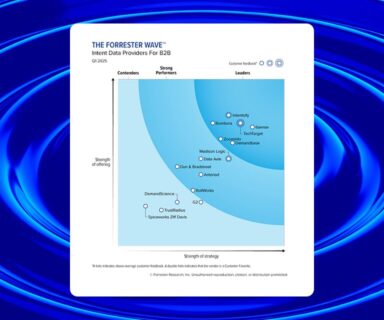Communicate your expertise.
Clients turn to us for high-quality custom web sites to support marketing goals and deliver results.

Experiences delivered through proven formats give clients the flexibility they seek to create impactful touchpoints for their brand and enable them to:
- Engage prospects with branded content, downloads and videos for a single solution or entire portfolio of solutions
- Drive thought leadership and education with native content on a specific tech topic or across a broad market
- Get messages to market faster with full-service design, development, content, traffic and reporting
- Capitalize on Informa TechTarget’s established search strength with sites directly integrated into our extensive content footprint
100% branded for you, Custom Sites and Native Sites are continuously optimized for organic search to engage new viewers and encourage repeat visits. They feature eye-catching designs, whether simple single pages or comprehensive multi-level stand-alone sites, and distinctive URLs deeply linked within relevant editorial content.
Explore recent Informa TechTarget Custom Websites
Create an immersive experience for tech buyers to engage your content while they’re making purchase decisions. Highlight an integrated collection of custom articles via Native Advertising—or build a destination, all-in-one content showcase with a Content Hub.
Leverage the power of Informa TechTarget’s Custom Sites











